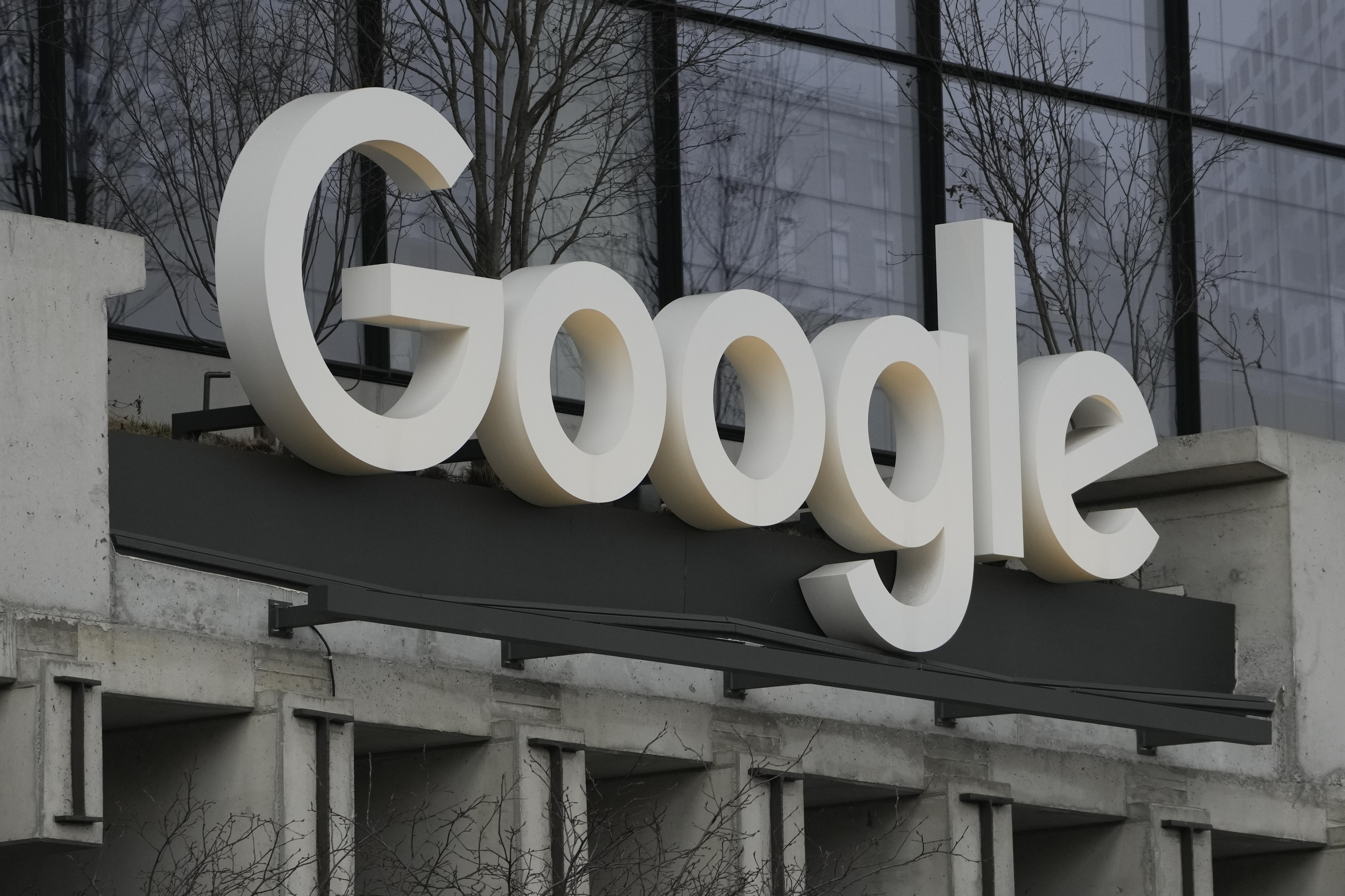Alphabet - the owner of, among other assets, the Google search engine, the video social network YouTube, and the Chrome browser - lost $100 billion in the stock market yesterday after the US Department of Justice requested that it divest its Chrome browser and make a series of changes to its operations that, if implemented, would have a clear material impact on the business line that generates between 80% and 85% of the profits of the Mountain View giant: internet searches.
Another measure requested by the Department of Justice is for Alphabet to stop giving preferential access to Google on all devices using the Android software, manufactured by that company. This means that the approximately 3 billion mobile phones and tablets running on Android, representing about three-quarters of the global total, could not favor the use of Google in their searches, but rather this search engine should be offered on equal terms with Bing from Microsoft or DuckDuckGo, an independent company.
The third demand from Washington affects not only Alphabet but also the world's second most valuable company, Apple. It involves prohibiting any browser - including Chrome - from using Google as the primary search engine, already installed when the user downloads the product. In the case of Apple, Alphabet pays that company $18 billion (over ¤17 billion) for Google to be the search engine for its Safari browser. If the judge in the case, Amit Mehta, agrees to this, Apple's browser, Safari, will have to present users with a menu of search options or develop its own search engine, something that the Mountain Valley company has shown very little interest in to date.
Finally, the last request from the Department of Justice impacts the future of online searches, Artificial Intelligence (AI), by requiring Alphabet to pay publishers for using their texts to develop their AI models.
All these factors have created considerable uncertainty around the world leader in online searches, which holds a virtual monopoly position worldwide except in China and some other totalitarian regimes where the internet is subject to strict and effective censorship. This comes at a time when Google's control of the search market is being questioned due to the rise of AI, where language models like ChatGPT, Copilot (from Microsoft for its Bing search engine), or Perplexity offer comparable and more accessible services than Google, although their reliability is lower.
In any case, the drop in Google's market value is roughly equivalent to the market capitalization of Banco Santander and Repsol combined, but it represents just over 5% of Alphabet's total value. In a company worth, even after yesterday's stock market bloodbath, two trillion euros, the decline is moderate. The value of Chrome could be around $20 billion (¤19 billion), a figure slightly less than 1% of all of Alphabet, but what is at stake is actually Google's control of the search market, where it makes money. However, the legal process will not be seen for judgment until April, and even then, a long appeals process will follow. If we add to this the arrival of the new Donald Trump administration, it could be years before the trial concludes.
